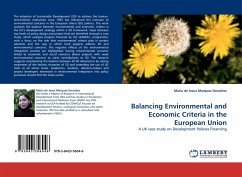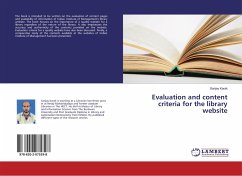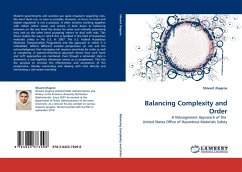The adoption of Sustainable Development (SD) to address the human-environment interaction since 1992 has influenced the inclusion of environmental concerns in the European Union (EU) policies. This work analyses the balance between environmental and economic criteria in the EU's development strategy within a SD framework. Gaps between top levels of policy design and project level are identified through a case study, which analyses projects financed by the LEADER+ programme, with a focus on the role that environmental criteria play in project selection and the way in which local projects address SD and environmental concerns. The negative effects of the environmental integration process are highlighted: having environmental concerns linked to economic and social concerns allows projects with weak environmental concerns to claim contributions to SD. The research suggests emphasising the balance between all SD dimensions by raising awareness of the holistic character of SD and extending the use of SD tools at all action levels. Academics, students, decision-makers and project developers interested in environmental integration into policy processes should find this book useful.
Bitte wählen Sie Ihr Anliegen aus.
Rechnungen
Retourenschein anfordern
Bestellstatus
Storno








